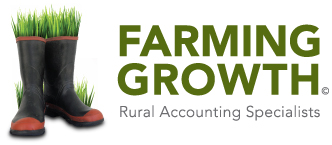What Tax Free Allowances Can We Pay / Claim?

Tax free allowances can be paid to employees to reimburse business expenses that they have incurred on the employers behalf.
While the employee cannot claim a deduction incurred in the course of their employment, the employer can claim a deduction for reimbursing the employee for the cost that they have incurred.
Typically, allowances will be tax-free under the Income Tax Act as long as the expenditure is incurred:
- In connection with the employees employment or service, and
- The employee would be allowed the deduction if they incurred the expenditure and the employment limitation did not exist.
The legislation limits the amount of tax free reimbursing allowances to either the actual expense incurred by the employee, or a reasonable estimate of the likely expenses. The allowance must be paid to the employee to qualify as tax free. IRD no longer publishes a list of fixed rate tax free allowance rates, with employers now required to calculate the actual amount to be paid as a tax-free allowance. Even though the Employers Guide (IR 335) provides allowance rates for drovers and musterers in order to reimburse dog, saddler and horse expenses, these published rates should be ignored as they are out of step with the legislation and do not reflect the actual costs (ie a tax free dog or horse allowance is shown as $1 per week).
Examples of Typical Allowances:
| Allowance | Expenses Reimbursed |
| Working dogs | Food, registration, vet bills |
| Horses | Saddlery, vet bills and food |
| Motorbikes | Depreciation, interest, fuel, tyres and servicing / repairs |
| Gumboots / safety boots | Purchase of boots |
| Wet weather gear | Purchase of gear |
| Chainsaws | Depreciation, interest, fuel, servicing, chains |
| Shearing Gear | Depreciation, cutters, combs, oil and clothing |
| Telephones | Business related toll and cell phone calls. |


